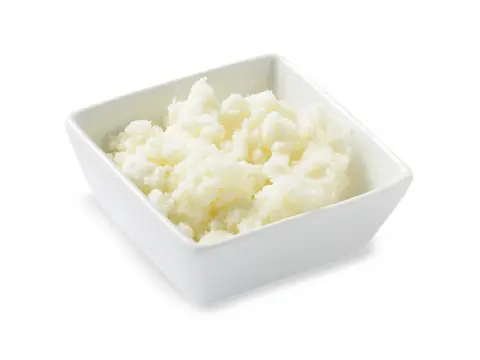Refined Glycerine 99.7% Min USP (Indonesia Origin)
|
IUPAC Name |
: propan-1,2,3-triol |
|
Cas Number |
: 56-81-5 |
|
HS Code |
: 2905.45.00 |
|
Formula |
: C3H8O3 |
Basic Info
|
Appearance Name |
: Clear Colorless Liquid |
|
Common Names |
: 1,2,3-propanetriol |
|
Packaging |
: 250 Kgs HDPE Drum. 20 MT/20 FCL |


.webp)
.webp)
.webp)

